Mô tả
Hạt nhựa PA66 là gì?
Nylon 66 được tạo thành từ hai monome, mỗi monome chứa 6 nguyên tử cacbon, hexamethylenediamine và axit adipic, đặc biệt là polyamide bán tinh thể 66, Vật liệu kỹ thuật nhiệt dẻo bao gồm các tính chất cơ học và vật lý tuyệt vời như độ bền cơ học cao & độ cứng và độ dẻo dai, khả năng chống chịu. PA66 có khả năng chống mài mòn và tính chất ma sát thấp vượt trội. Nó cũng có các tính chất nhiệt độ, hóa học và va đập rất tốt.
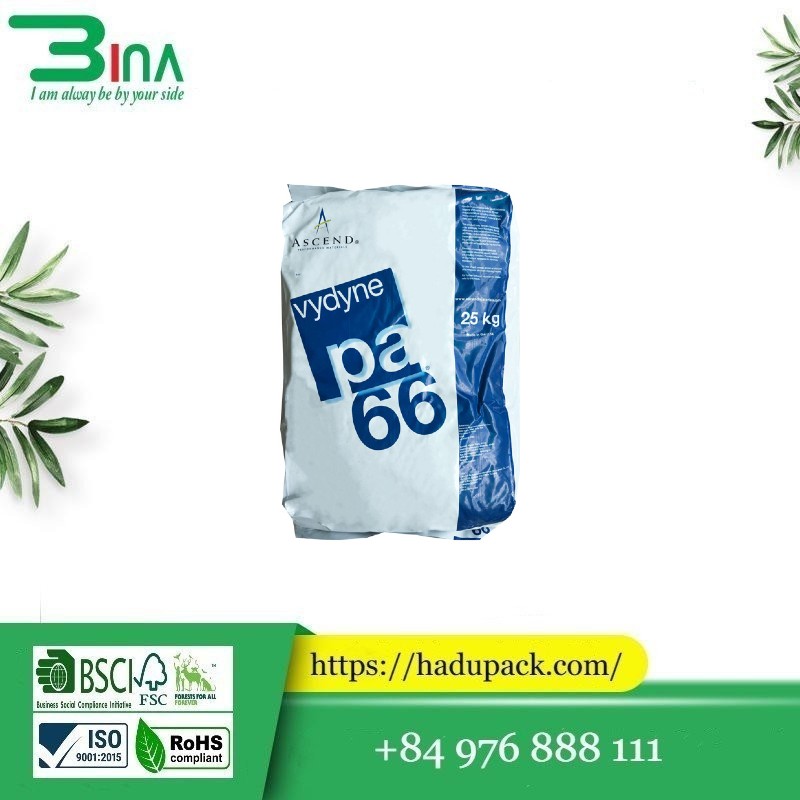 |
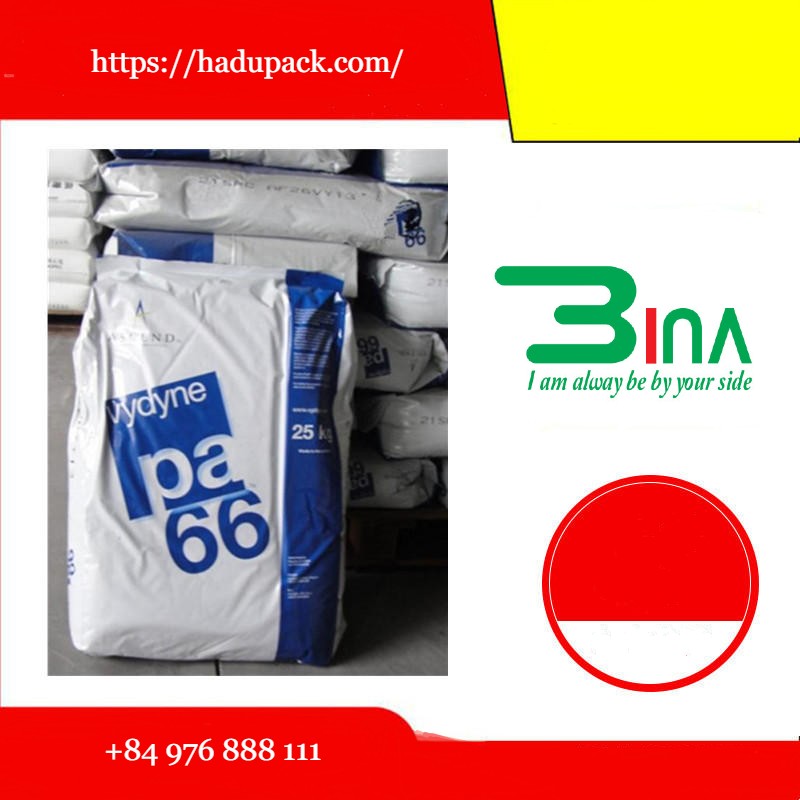 |
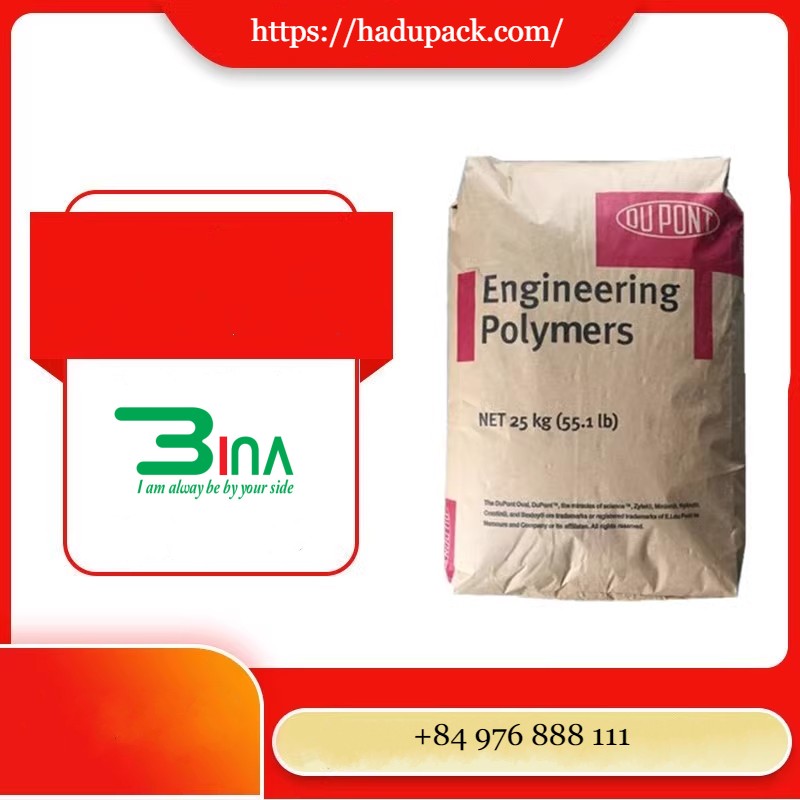 |
Giải pháp hợp chất
- Thủy tinh (10% đến 50%)
- Bột talc (10% đến 50%)
- Sửa đổi tác động – Cấp độ trung bình & siêu bền
- Chống cháy
- Màu tùy chỉnh
- Chất ổn định nhiệt & tia cực tím
- Than chì chống ma sát / chống mài mòn, MOS2, PTFE
- Giải pháp pha trộn / cho phép Poymer
- Giải pháp tùy chỉnh

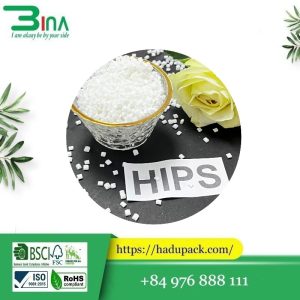

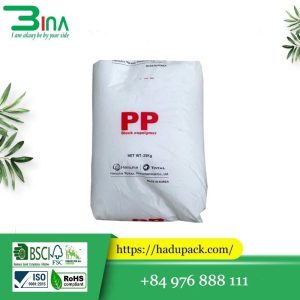

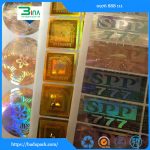
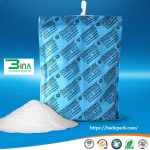
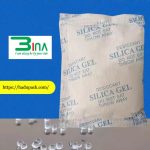
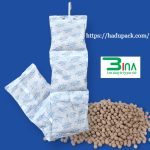
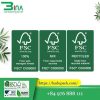

Đánh giá
Chưa có đánh giá nào.